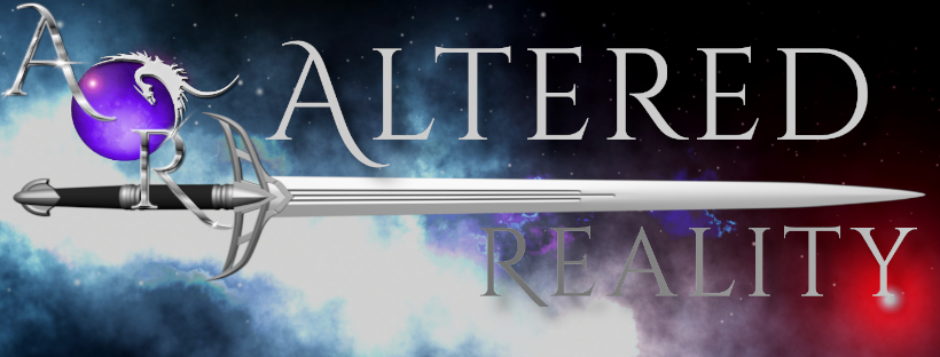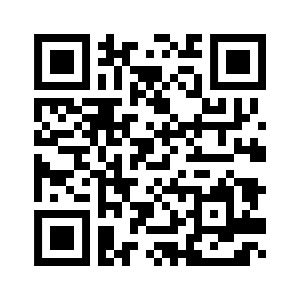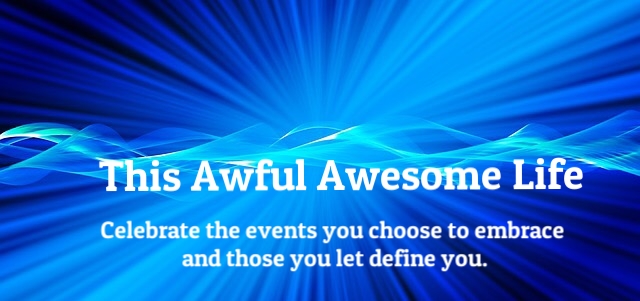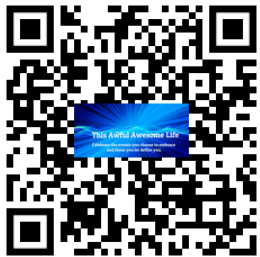Katlyn ate the croissant by breaking it apart as it flakes, eating each crumb individually. Powdered sugar flecked her lipstick, her fingers, her nose. When she laughs, her eyes are sharp. Over her shoulder, out the window, the yellow fog has descended over the pavement, obscuring the cars that drive pass. Through the haze, the fire hydrant is orange.
The cafe is tinted yellow too, a misty sepia. The haze covers everything, creeping into the corners.
“Are you even listening?”
My hands are wrapped around the mug of homebrew chamomile tea, the flavor so weak it barely hits the back of my throat. The steam tickles my eyelids. Petals float limply in the liquid, and I’m unsure if they’re meant to enhance the flavor or the appearance.
“Yes.” I remove my fingers from my cup and press them to my forehead, “I’m listening.”
“It’s just shit.” She wraps her arms around her chest, her face set in a pout. She’s wearing a pantsuit, the cuffs of her blazer bleached by the rain. “It’s like it goes in one ear and out the other with him. I don’t have the money to leave the city, and I know it’s like, toxic, here, but not all of us have parents who can afford to buy a house. That’s all I’m saying.” She spreads her hands out in front of her, her red nails distorted through the light of the window. “I just don’t have the money to keep up with him.”
I hum. Katlyn has more money than I could dream of. Cam and I are still sharing a two-bedroom, one bath apartment near the orange line, and I can’t even remember what blue sky looks like. Katlyn lives closer to downtown, and I know for a fact her building has an air purification system.
“Would you ever break up?” I ask, bringing the tea to my mouth and inhaling its scent.
It smells like old socks.
“Maybe,” Katlyn shakes her head no. “He might get a promotion next year, and then he wouldn’t be worried about how much money I’m making.”
“Do you even like him?”
Katlyn shrugs, looks down at the plate in front of her. The pastry completely eaten, leaving only icing and powdered sugar.
“I’m tired.” She runs her finger around the rim of her plate and licks the sugar off. “It just sucks. Remember when we were kids, and things were easy?”
We lived in the city then, too, but on the fringes. My mom had rented one half of the duplex, her parents the other. The rain had been clear then, and we would watch our reflections rippling in the puddles.
“Yeah.” I try to smile at her. “Your mom always says that the hardest things are the ones worth doing, though.”
She shakes her head. “She says that. I don’t know if she means it. I mean, she still lives with Dad, and she hates him. If she’s starting something because it’s hard, then I don’t even want to know what she thinks easy is.”
I shake my head. “I’m sorry you’re so down.” I reach across the table and touch the back of her hand. Her skin is so much smoother than mine. “I know it’s hard. If I had the money, I’d tell you and Cam to both pool our money, and we could go out and find something better all the way at the end of the orange line and raise honeybees in the backyard.”
She smiles at me sadly. Her mandarin lipstick is folded into the corner of her lips at her cheek, her foundation is furrowed at the corners of her eyes. “God, I’d be so bored.”
“Bored! What are you doing around here that’s interesting?”
She laughs, loud enough that everyone else in the cafe turns from their quiet conversations to look at us. Katlyn is certainly the best dressed in the place, without any patches on her clothes, with brightly colored makeup. She looks like she could be an advertisement.
“You wouldn’t get it,” she says, and she’s back to her charming and dangerous self. “It’s city stuff. The hustle and bustle, having to be one place and the next. It’s exhilarating, you know?” She shimmies, thrilled.
When I look at her, I see my childhood. Hard things worth doing. Fights in the basement and birthday parties, boys that came between us, and phone calls to our mothers, how they had been such bitches. Even in the downturn of her mouth, I am comforted. I know she can see me how I am, how I was, not who I have grown up into being. With Katlyn, I have never escaped my acne, my mousy hair, my oversized sweaters, thrifted and reused, and put through the wash until all of me was gray.
With Katlyn, I am not allowed to be anything other than myself.
“I work in the city,” I say, gently, bringing my tea up to my mouth. The steam billows past my eyes. “I know the hustle and bustle.”
“But you work for a nonprofit,” Katlyn says, flipping her hair. “It’s not the same sort of competitive environment, you know?” The one thing that remains the same about Katlyn is her need to impress.
She works in finance. It’s a big job, an impressive job, a job that gives you enough money to wear pantsuits and date lawyers and take trips out of the city a couple of times a year to the mountains, to breathe clean air.
“My job is busy,” I say.
Cambridge wouldn’t like how dismissive she’s being towards me. Cam’s never met Kat, and yet they hate her, hate what she says to me, hates her attitude towards money and men. When Cam and I met in college orientation, I told them everything about Kat and mine’s relationship with a sort of malicious glee that I’ve never been able to take back.
“Are you still on that committee?” Kat asks, running another finger through the sugar dust on her plate. “The one about the funding for the libraries?”
“Yeah, I mean, the committee only meets once a month. Mostly my job is trying to get the funding for paper books in schools. Kids are reading on screens their whole lives and that’s just fucking up their eyes. And now most of them don’t have the attention span for paper.” I rub my forehead. That’s a problem that has no beginning, no end, no way for me to fix. “But elementary schools are barely finding the funding to pay teachers, so of course no one wants to pay for books.”
Katlyn shakes her head, her face pressed in a sympathetic mask. “You’re doing saints’ work, you know. I was talking to my boss about what sort of charity we should support during this year’s gala. It’s mostly for tax stuff, but we raise good money and I mentioned FirstReaders; He said he’d set up a meeting.”
My heart leaps into my throat and I nearly jump out of my chair. “You did? Kat? Oh—”
Tears spring unbidden to my eyes and I reach across the table, grab her hand. She seems taken aback by my emotion, but she beams, the first real happiness I’ve seen on her face all afternoon.
“Kat, thank you so much, you have no idea—”
I hope he calls soon, that would be such good news, wouldn’t it?” Her cattiness is gone, replaced by a childlike urge to please. “I’m sorry I didn’t tell you sooner, it flew out of my head.” She leans forward across the table, still holding my hand. “And you would get to buy a dress and come dance with me, that would be so much fun!”
I laugh, unfettered for a moment. Of course, that’s what she would think of first. “That would be so much fun. I hope he doesn’t forget, Kat. This would be so amazing. This is so good.”
Leaving, we crowd together in the foyer, and I have to help Katlyn balance as she pulls galoshes on over her kitten heels. She holds onto my arms but still wobbles as she places her feet delicately.
“Thanks,” she says, when she stands on her own power. She only comes up to my forehead.
“Anytime.” I’m still buzzing on the good news. We pull our ponchos over our heads, the thick plastic cover ups falling to our knees. I zip the collar all the way up to my nose, sinching the hood tight around my face. “I can’t believe you’d walk all the way here in those shoes. You must have thighs of iron.”
Katlyn laughs. “I do! I take the stairs every day.” She adjusts her hood and smiles at me. I see the wavering outline of her face through the opaque plastic. “We should do this again. I don’t see you enough.”
“I know,” I say. “It would be nice if we had the time we used to, if we could ignore work and stay inside and watch movies like we used to.”
“Well, we only did that to avoid homework, so…”
The door to the street opens and cuts into our laughter. Kat and I press ourselves against the wall of the foyer, the metal windowsill digging into my lower back. A man and a woman stumble in, the acrid scent of rain pushing in a nauseating wave through the foyer. They are dripping wet, water sliding off their ponchos. They say their hellos and begin to disrobe. Katlyn and I have to duck out of the way of elbows, make ourselves as inconspicuous as possible.
Katlyn grabs my hand and we slide out the door, pushing out into the rain. We duck out so we are standing under the awning, the rain bouncing off the plastic covering. Taxis and cars roar past, kicking up water onto the sidewalk, sending waves of exhaust rolling towards us.
“We should get out of here!” she says. The noise is so loud she has to shout to be heard.
“Call me! I hope this gala works out; we’ll go dress shopping.”
“That would be so much fun!” She reaches her arms out to hug me, but we’re both in ponchos and whatever rain residue left on the plastic will sting. Instead, she blows me air kisses.
“I’ll call you so soon, okay?”
I blow a kiss back to her, but it feels silted. “Can’t wait!” I say, and we split apart. She sticks her arm up in the air to hail a cab, her wrist—tucked inside her sleeve—waving like a white flag in the yellow air.
I turn away from her and sink into my poncho, trying to surround myself completely in the plastic shell of protection.
The buildings on either side of the street are tall and narrow, and the wind is whipping down the street so hard that I have a sudden fear they will blow over. The rain, once you’re out in it, is electric yellow. Even on a clear day, the smell of the city is rancid, but now the smell of the rain makes it hard to breathe. I got a drop on my palm once, and it hurt to wash my hand for a week.
The news used to report on the rain, but now it’s a given. When it rains, the water smells, the water hurts.
I try to tuck myself in the lee of the buildings as I walk, keep my head down so the water drips down the crown of my hood and away from my face. It pools on the sidewalk, hissing and steaming, and as much as I try to dance around the puddles, I am unable to avoid them completely. Some of the water sloshes over the tips of my boots.
The cafe is only seven blocks from Cam and my apartment, fifteen minutes’ walk on a clear day. Halfway through my trek home, I duck into a tight alley next to the grocery store, sidling up against the bricks and around a dumpster. An animal squeaks somewhere, but I keep moving, not pausing to look. The tightness of the buildings against each other means I’m protected from the rain back here. It smells better back here too, like the pollution has forgotten this one dark corner.
I walk three blocks, crossing roads and navigating through alleyways, until I can smell the sea. I wait at a corner for the tide of yellow cabs to halt and let me pass. As I cross the pavement, the standing water covers the toes of my boots. The railings and the benches where tourists will look out at the sea are empty, and I am alone on the sidewalk in front of the great and endless ocean.
The ocean is hungry. It has eaten so much of the city already, and even now it churns against the concrete foundations that engineers have worked so hard to fortify. On a sunny day, a mile out from shore, the twisted skeleton of an old hotel emerges from the surf, rusted and twisted, still fighting a battle that it’s doomed to lose. The ocean has eroded the beach we used to visit when I was young, and now it throws itself against the concrete barrier that is bolstering the street.
The metal railing is pitted and stained from the rain, and when I lean against it I am careful not to put my whole weight on it. When I look out over the ocean, I can imagine that there is nothing behind me, that there is no one else on this island with me.
The growl of the water beneath me is comforting, mixing with the sound of traffic that is passing so closely behind me. This close to the city, the waves take on a brownish tinge, and I don’t know if that’s from the oil from the street or if there’s some pollution on the shore. I see bits of rubble floating in the waves, plastic cups and tatters of fabric tossing in the water. Or is it seaweed?
If Katlyn actually does it, if she actually gets her boss to sign on as a donor for FirstReaders, this could be the beginning of the change I’ve been trying to start my whole life. If kids can read, their whole lives will be different. Reading means graduating high school, college, means moving out of the city, means lower cancer rates, means the world is a better place.
Kat’s boss and Kat, can make a world of difference. Difference that I could never hope to achieve, only hope to facilitate. My heart rises up in my throat, and I have to fight the urge to press my wet hands against my face. The waves crash into the street in front of me, and the smell of rotting fish washes over the street, temporarily erasing the bitter smell of the rain.
My tears are wet on my face, and the yellow clouds hang over the ocean, hiding the horizon from view. Maybe it’s going to be okay. Maybe things are finally going to change.
About the Author
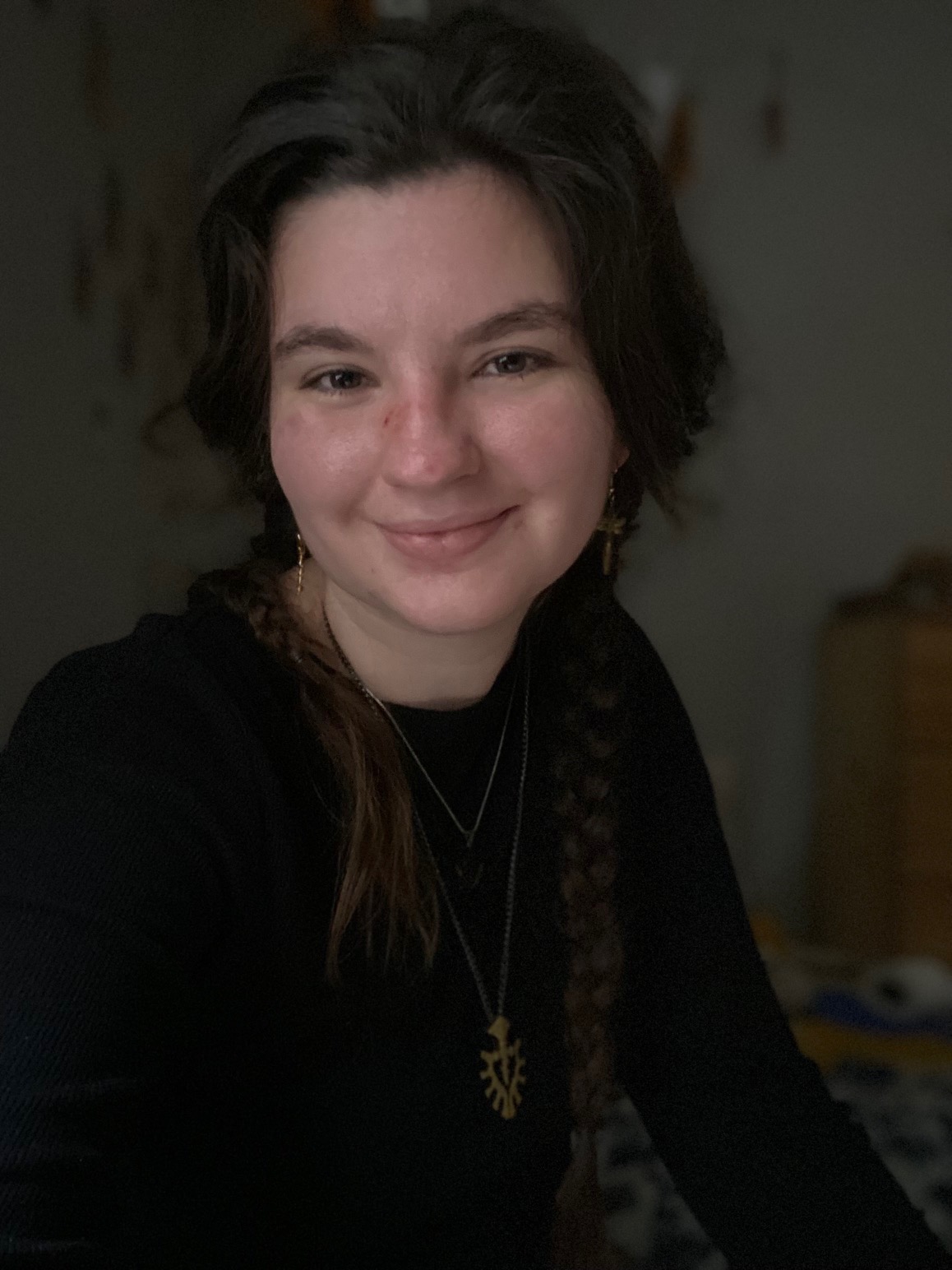
Emma Space is a recent graduate from the University of North Carolina at Charlotte’s Master’s program for Creative Writing. She enjoys spending time outdoors and on farms, and her favorite genre to write and read is science fiction.
![]()
